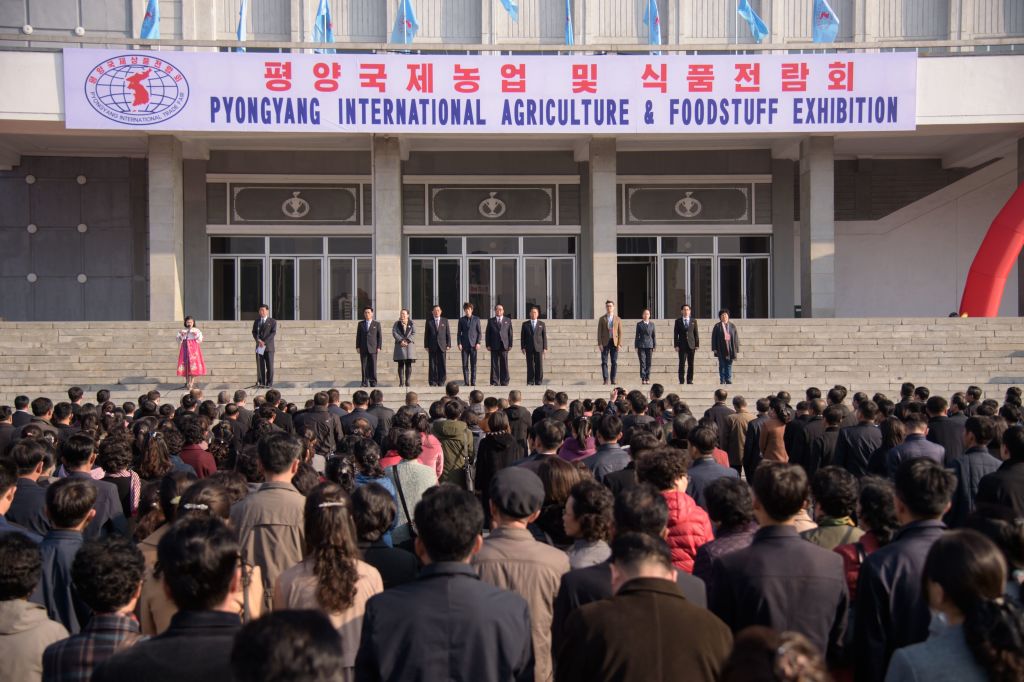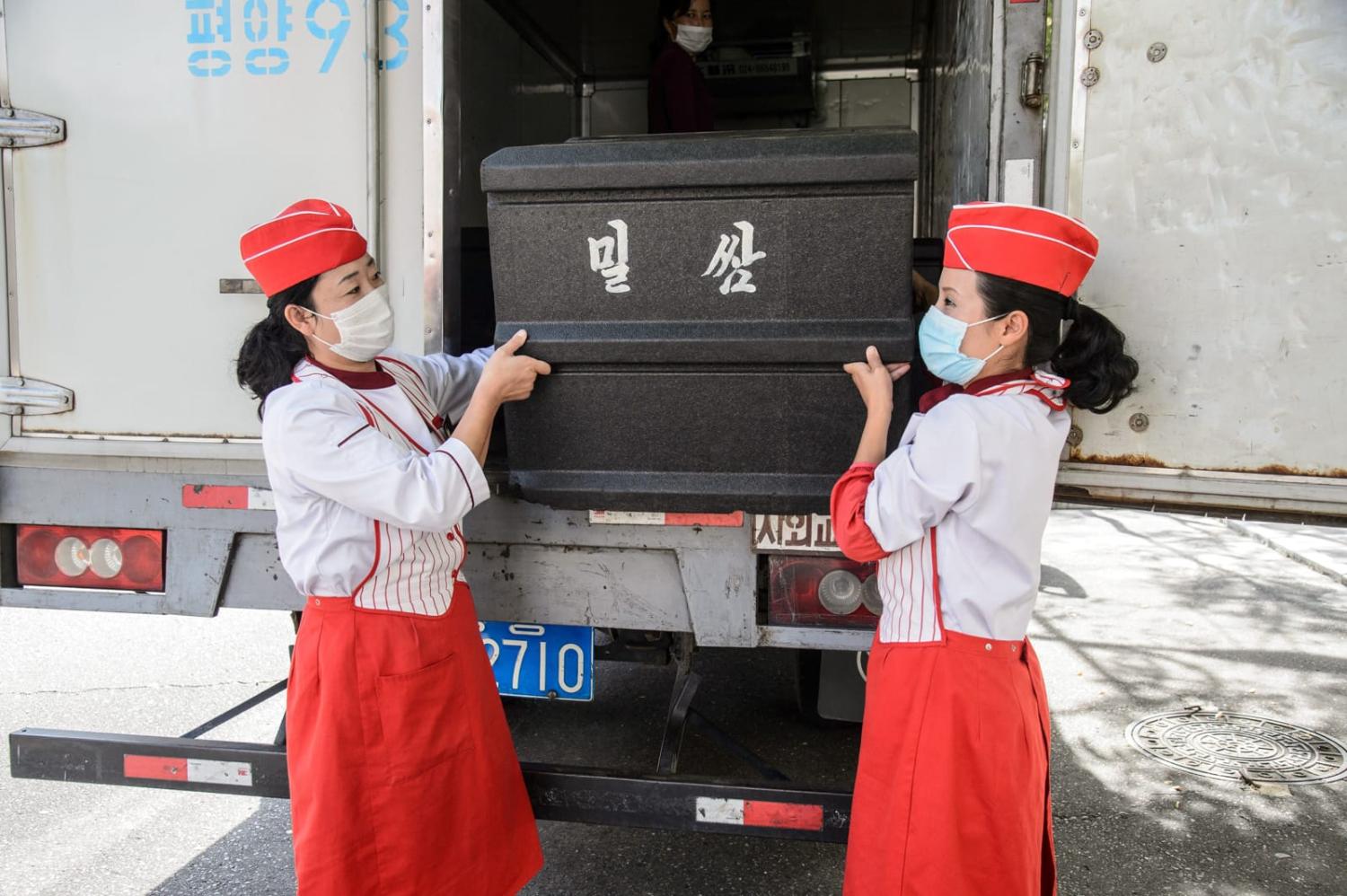North Korean leader Kim Jong-un is urging stronger efforts to improve the country’s escalating food crisis, while showing no interest in accepting external aid. Instead, the leadership is doubling down on self-reliance and strengthening party loyalty.
These developments were announced at the 7th Enlarged Plenary Meeting of the 8th Central Committee of the Workers’ Party of Korea (WPK), which kicked off on Sunday. Kim emphasised the dire food shortage and ordered a “fundamental change in agricultural production within the next few years”.
According to Kim, the “main purpose of the current enlarged plenary meeting is to find the immediate tasks and scientific long-term objectives and ways with perfect feasibility for successfully attaining the grain production goal this year” and to lay a foundation for the “stable and sustained development of agriculture”. The North Korean leader specifically called for a “rural revolution in the new era” and “the rapid development of rural communities”.
The news comes in the wake of the World Food Program (WFP) announcing on 24 February that it will need three times more funding for its programs targeting North Koreans in the first half of this year compared to the previous one. South Korean authorities have also referenced the North Korean food problem, with the Unification Ministry calling the situation “serious”.
The food situation in North Korea is known to have worsened significantly since the country closed its borders in January 2020 to prevent the spread of Covid-19. North Korean state-run media referred to a “food crisis” in June 2021, with Kim admitting that the “people’s food situation is now getting tense”. As such, the North Korean leadership is focusing on a wide range of domestic measures to improve its agricultural policies.

At another plenum meeting held last December, Kim had also emphasised the importance of “solving current rural issues to boost the agricultural production of the country”, promising farmers new machines to help boost productivity. This was followed up by a long list of detailed demands that Kim compiled in a letter that was read aloud during the 9th Congress of the Union of Agricultural Workers of Korea (UAWK) on 27–28 January.
In particular, the North Korean leader made clear that more attention had to be paid to the ideological education of farmers and those in the agricultural sector. Kim said the main goal was to “remould their ideas and improve their political awareness”, emphasising that they should be well-equipped with the party’s revolutionary ideas and policies. In addition, the North Korean leader said they should be trained “to be unfailingly loyal persons, who cherish deep in their hearts the greatness and revolutionary exploits of the party and the leaders”. Kim called on the UAWK to “intensify the struggle against anti-socialist, non-socialist practices” and to “achieve the final solution of the food problem, which is the most pressing and critical matter at the moment”.
Although the North Korean government has blamed international sanctions as well as natural disasters for its food and economic situation in the past, Kim’s recent remarks show a clear focus on dealing with this issue through domestic reforms without depending on external support.
While various experts acknowledge the current food situation in North Korea is serious, the challenge has not yet reached the level of mass famine that struck the country in the 1990s. While food aid would help, there is now a complete lack of access to the local population by foreign humanitarian workers given the country’s ongoing border blockade.
Seoul has also repeatedly offered to send aid to the North, but Pyongyang has so far shown no interest. In fact, several North Korean media articles posted in February strongly rejected the need for foreign aid, comparing it to “poison candy” and arguing that North Korea’s “honour and dignity” cannot be replaced with “millions of tons of rice”. North Korea is unlikely to accept foreign aid, especially from the South, as long as the political and security environments remain as tense as they are presently.
With North Korea boasting of its strong military position for months, accepting foreign aid with no political gain would not be beneficial from the leadership’s perspective. While the United Nations will reportedly keep North Korean human rights issues on its agenda, progress on the diplomatic front is necessary for any agreements to be reached on the food shortage problem and other issues of concern.
For now, it is clear the North’s preferred method of dealing with its domestic issues remains “self-reliance” through a strong focus on ideological education and boosting party loyalty.
With the government not accepting external aid for the time being but instead expecting solutions from its own people, it seems 2023 will be another challenging year for North Koreans to put food on the table.

